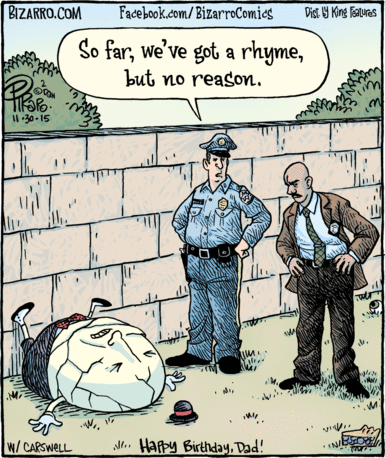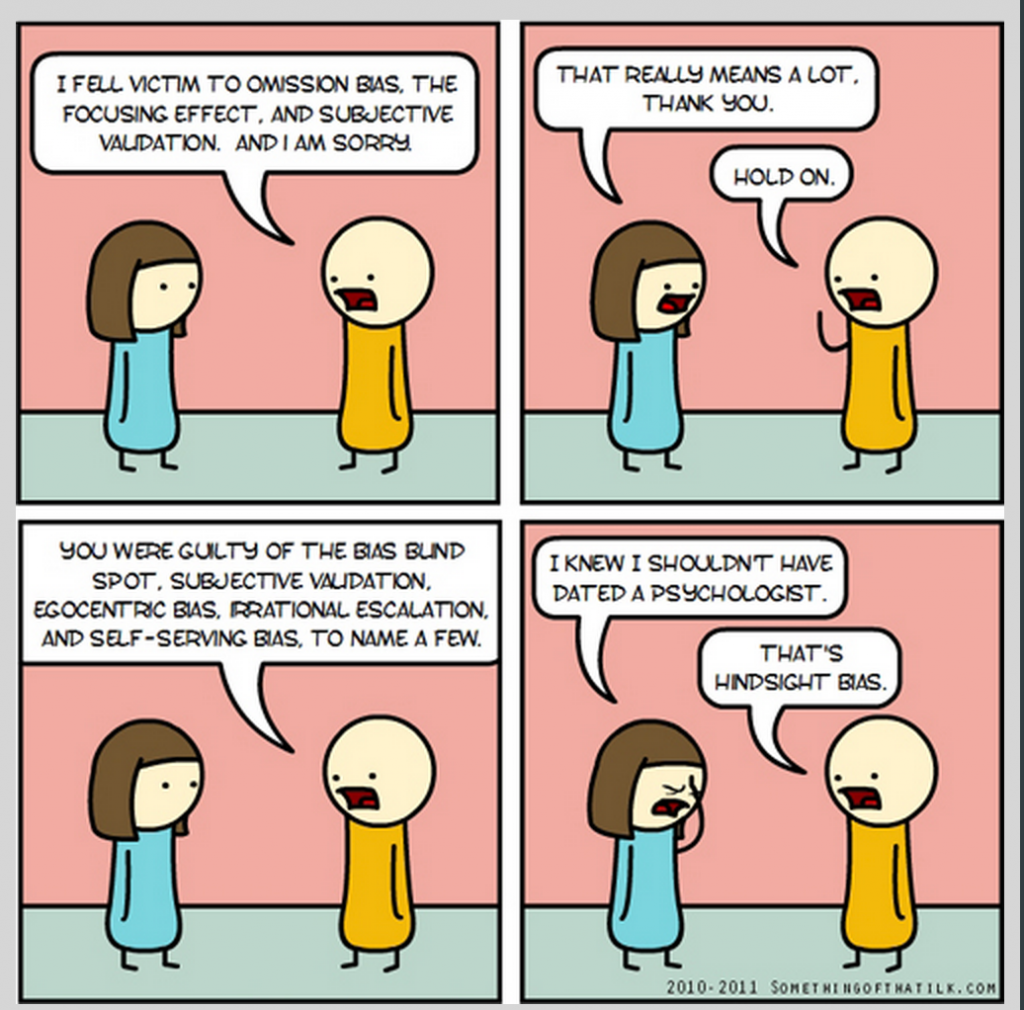
We’ve often heard that first impressions are important…and they are. But don’t neglect final impressions because we humans are highly influenced by endings. Regardless of how an experience started and played out, we remember most how it ended.
There’s probably a more tactful example of this idea, but this anecdote—involving colonoscopies—is telling. The experiment was conducted by Psychologists Redelmeier and Kahneman.
“In the late 1980s, colonoscopies were painful, and not merely dreaded. The discomfort of the procedure dissuaded people from returning for another one. By 1990, colon cancer was killing sixty thousand people every year in the United States. Many of its victims would have survived had their cancer been detected at an early stage. Was it possible to alter their memory of the experience so that they might forget how unpleasant it was?
“To answer the question, Redelmeier ran an experiment on roughly seven hundred people over a period of a year. One group of patients had the colonoscope yanked out of their rear ends at the end of their colonoscopy without ceremony; the other group felt the tip of the scope lingering in their rectums for an extra three minutes. Those extra three minutes were not pleasant. They were merely less unpleasant than the other procedure. The patients in the first group were on the receiving end of an old-fashioned wham-bam-thank-you-ma’am colonoscopy; those in the second group enjoyed a more gentle, less painful, ending. The sum total of pain experienced by the second group was, however, greater.
“An hour after the procedure, the researchers entered the recovery room and asked the patients to rate their experience. Those who had the more pleasant ending remembered less pain than did the patients who had not. Human beings who had never imagined that they might prefer more pain to less could nearly all be fooled into doing so. As Redelmeier put it, ‘Last impressions can be lasting impressions’” (from The Undoing Project, Michael Lewis, page 235).
How can we take advantage of this insight?
When planning an event, end with a nice, feel-good experience.
Several years ago I took 36 friends on a trip to Europe. On the last night of the trip we were staying in a convent in Rome. I had arranged for a professional tenor to sing a concert—just for our group—in the chapel prior to a four-course meal. It was an incredible ending to the trip; people are still talking about it. No one mentions the fact that it rained that last day in Rome, which made touring difficult. The nice ending of the trip trumped previous inconveniences.
When an unfortunate event occurs, its impact can be minimized by orchestrating a positive ending.
In 1989 Lexus introduced its first car, the flagship LS400. Their slogan was “the relentless pursuit of perfection.” But the car had flaws and all 8,000 vehicles were recalled. The cruise control failed to disengage, the plastic cover around the high-mounted rear brake light warped, and a poor connection between the alternator and battery could cause the battery to run down.
This could have rendered Lexus stillborn—it’s first car was flawed. But the company took full responsibility for the problems and its dealers did the repair work at no charge to the customer. But here’s what made the big difference: An older couple had bought their LS400 in a major city and drove it to their small town which was 500 miles from the nearest dealership. When Lexus heard about the dilemma they sent mechanics to the small town and repaired the car at the couple’s home. The story went viral and became a memorable legend—“Lexus will always take care of their customers.”
Think carefully about how you end all relational encounters: a conversation with a co-worker; a lunch meeting; a consulting contract; a worship service; an athletic event; a planning retreat, a dinner party. A well-orchestrated ending can make a significant difference
Travel with Friends trip to Northern Europe – August 13-29
On the 2024 Travel with Friends trip, we’ll circumnavigate the Baltic Sea. Northern Europe is one of the most pristine areas of the world. The scenery is spectacular and the cultures are interesting and accommodating.
Together, we’ll explore: Amsterdam (one of the great cities in the world), Berlin, Gdansk-Poland (where WW2 started), Stockholm (including the place where Nobel Prizes are given), Tallin-Estonia (one of the best preserved medieval cities in Europe), Copenhagen-Denmark (awarded 2023 World Capital of Architecture by UNESCO), and other places.
Here’s the brochure. Baltic-Sea-Trip-2024-Brochure-110823-Fillable
Contact me if you’re interested. djmcminn@msn.com – 214.783.4414



